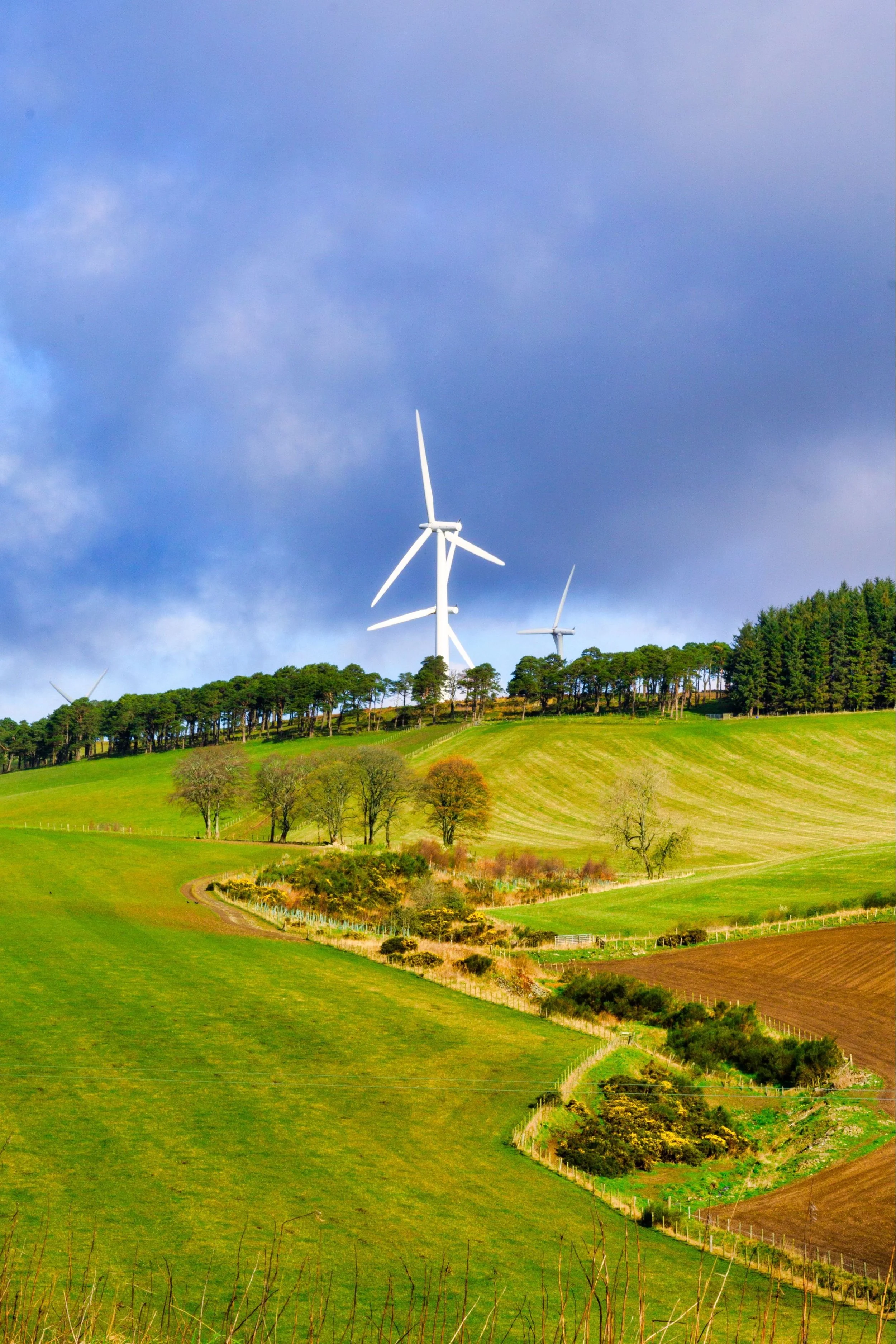Purpose, Vision & Aims
Find out how the fund aims to empower local people by engaging and working with communities to shape a Just Transition to net zero
Purpose
To empower those who live, work and use services within Aberdeen, Aberdeenshire and Moray to be part of the region’s journey to Net Zero, enabling residents to support community projects which showcase best practice in sustainability, contributing to, and promoting, a whole society shift towards a better way of living.
Vision
Connected, empowered, and active communities coming together in Aberdeen, Aberdeenshire and Moray to shape their future, demonstrating what can be achieved through best practice sustainable projects that inspire more and more people to be part of a just transition to net zero.
Aims
Increase awareness and understanding: Enhance knowledge of what a just transition to net zero entails and how everyone can contribute
Prompt action on sustainability: Encourage the reduction of carbon emissions and living sustainably by providing support for the development and funding of sustainable projects and practices
Improving benefits for all: Building projects and practices in an inclusive manner to reduce inequalities and create a better quality of life for all within society
Empower residents: Give the people of Aberdeenshire, Aberdeen, and Moray a crucial role in shaping their community’s just transition to a net-zero future in the North East of Scotland
Promote Participatory Budgeting: Raise awareness of participatory budgeting and create greater local democratic participation
Encourage sustainable practices: Stimulate discussion and reflection on sustainable practices and encourage their replication throughout society
Showcase the possibilities: Promote previous projects to create a ripple effect, encouraging more people to take part in building a sustainable future
Encourage peer support: Increase the network of communities taking action towards Net Zero



